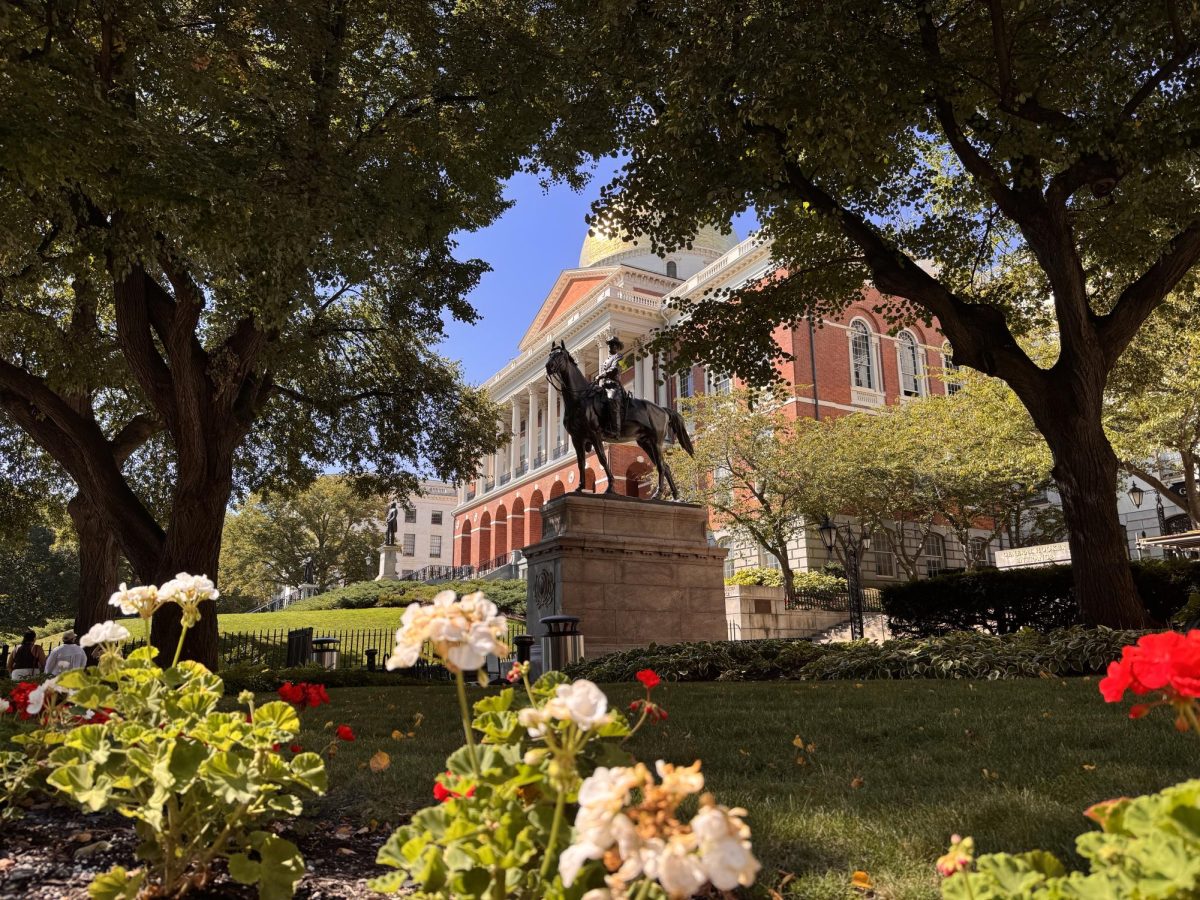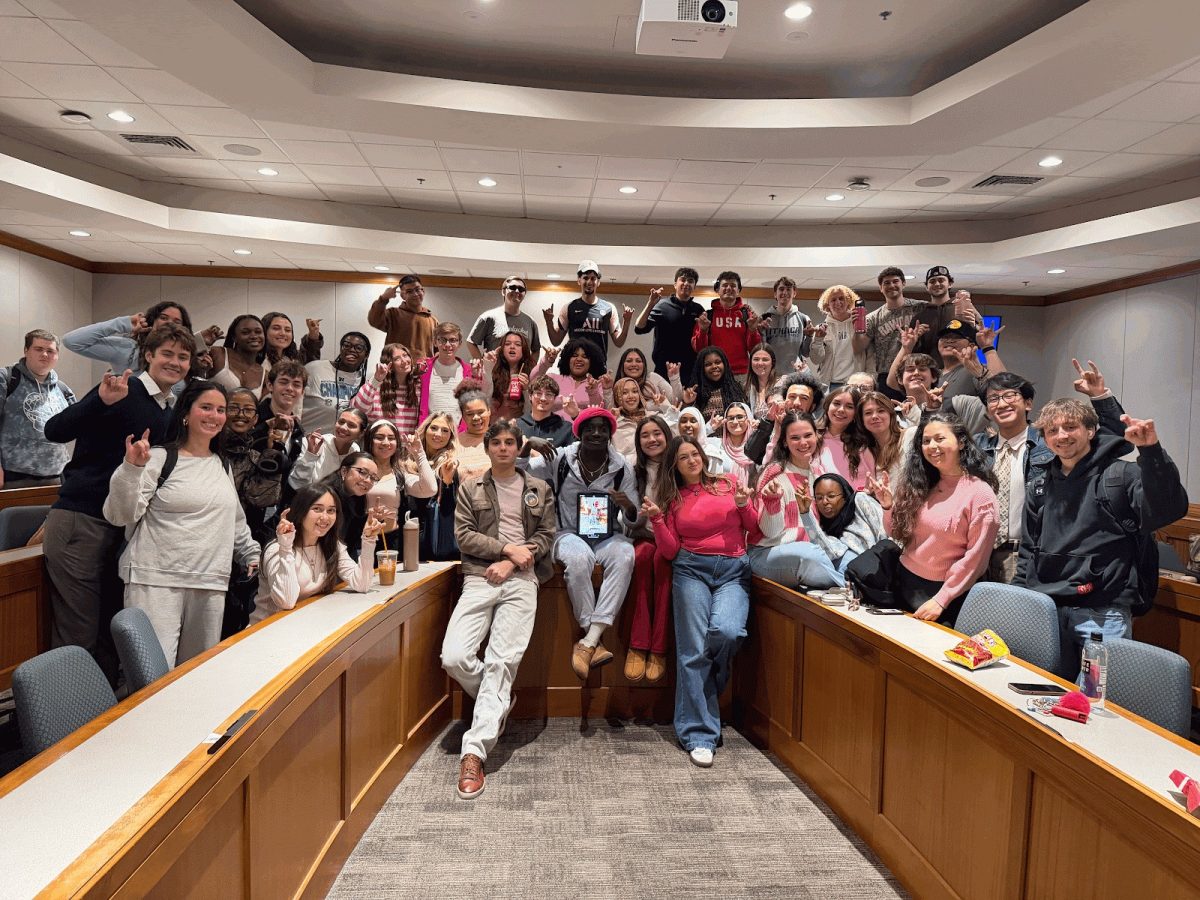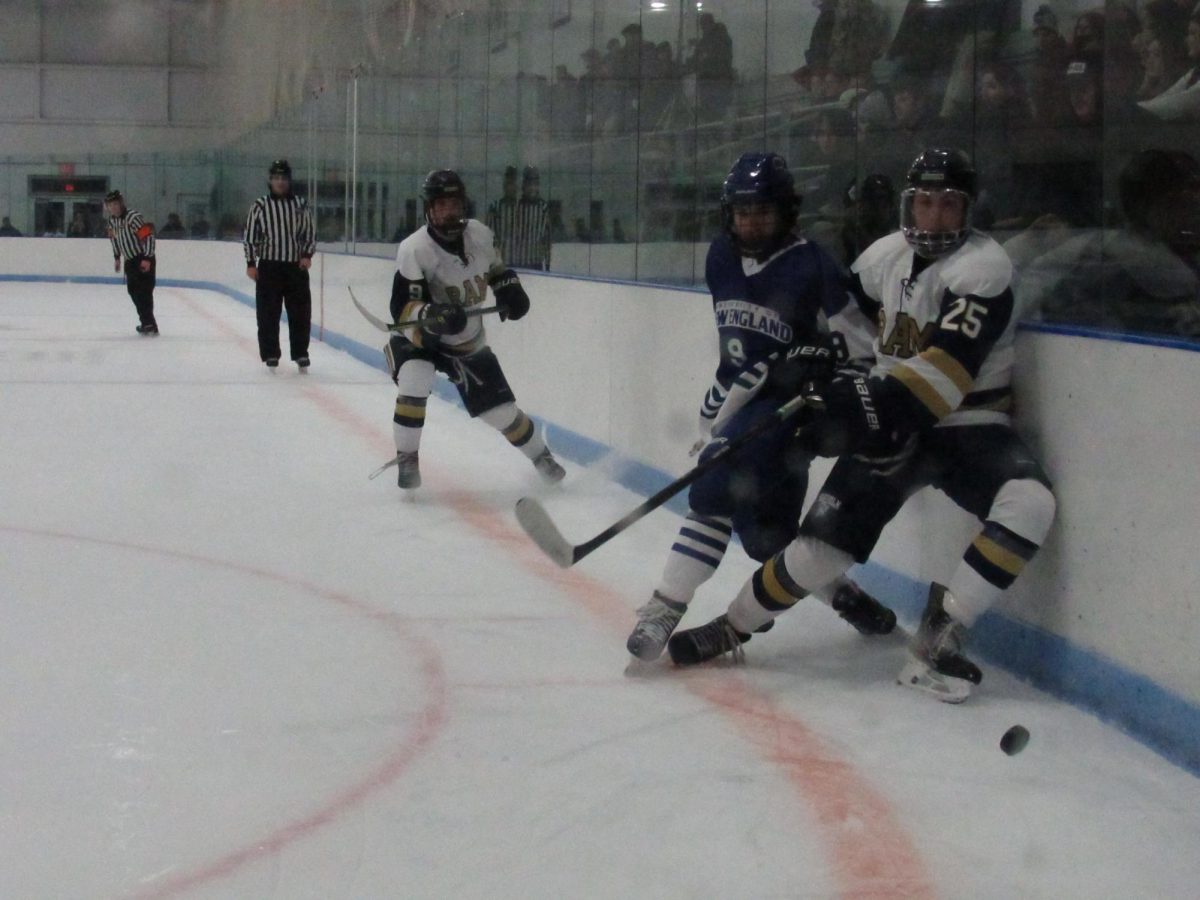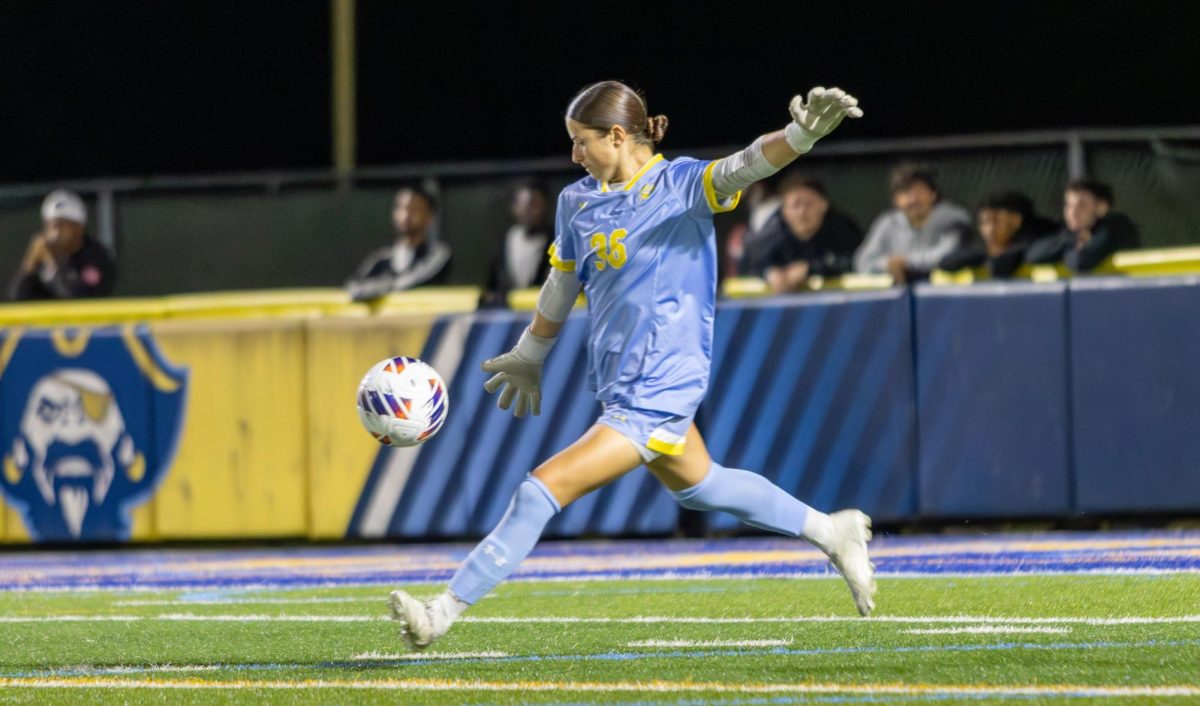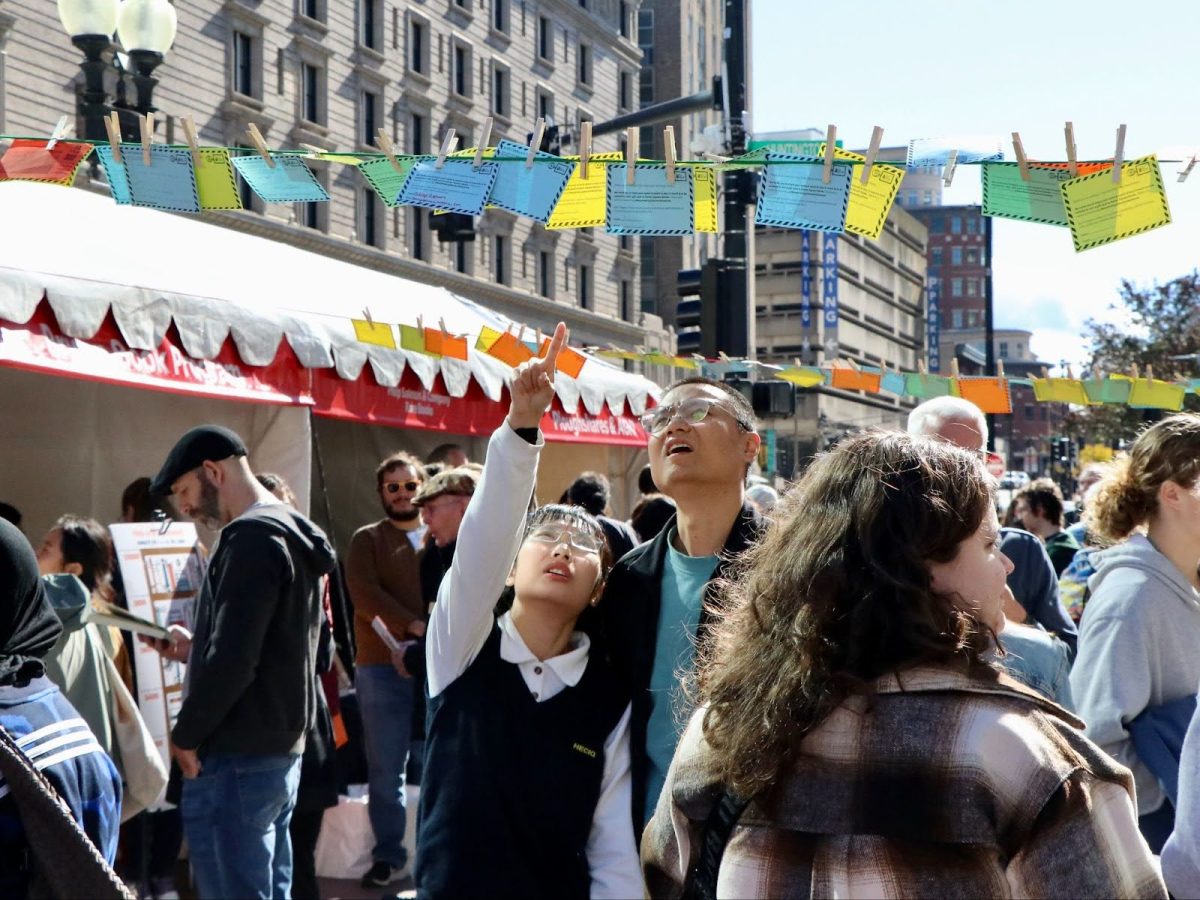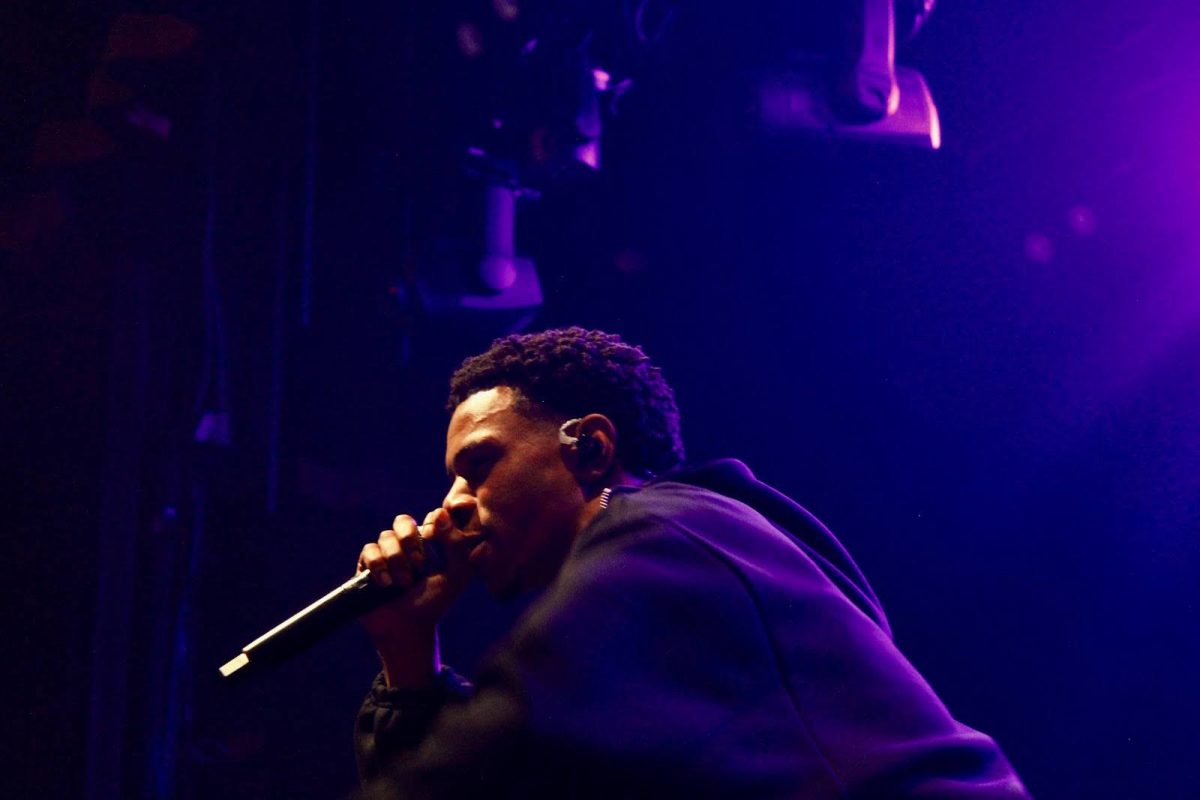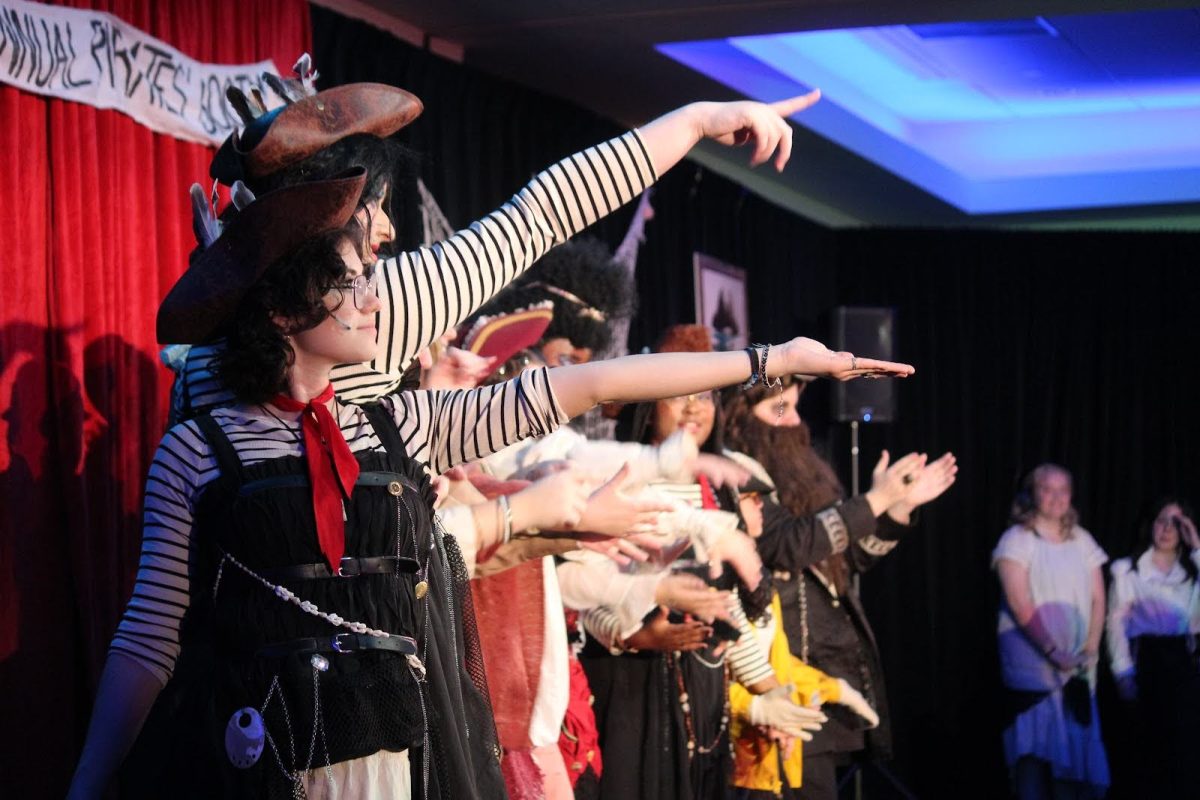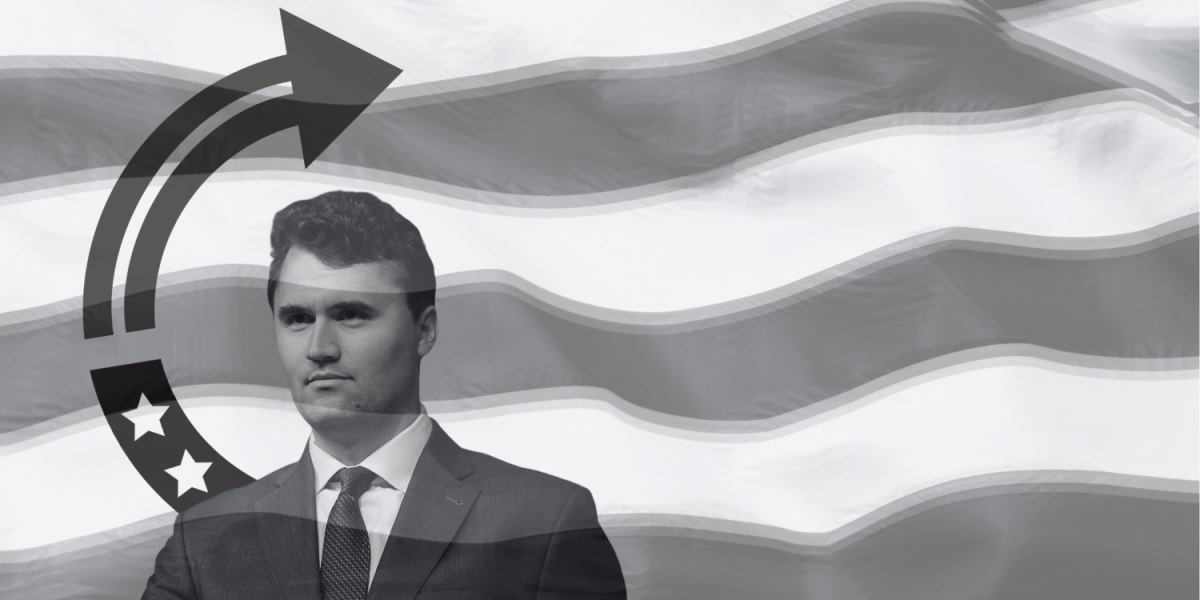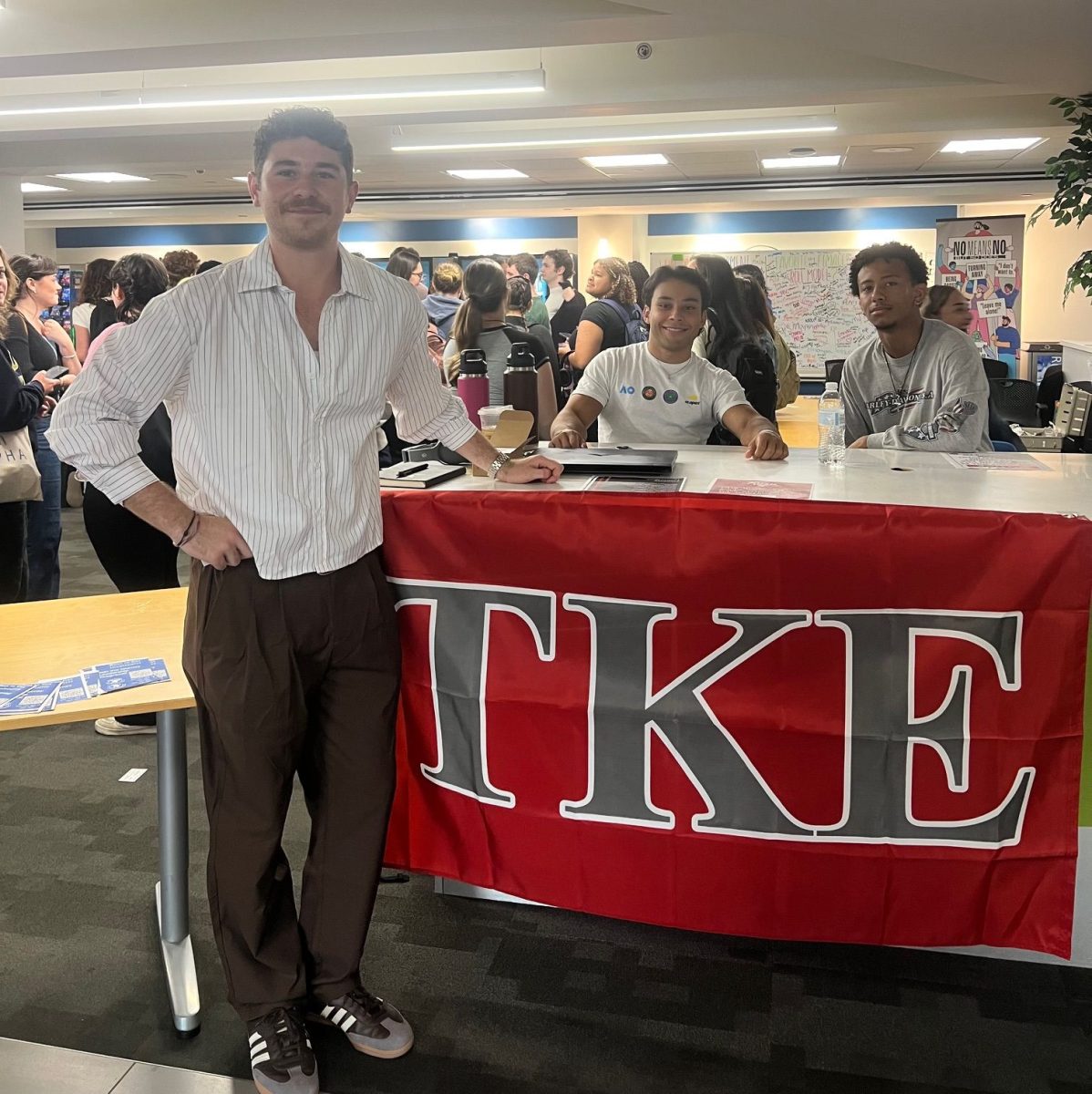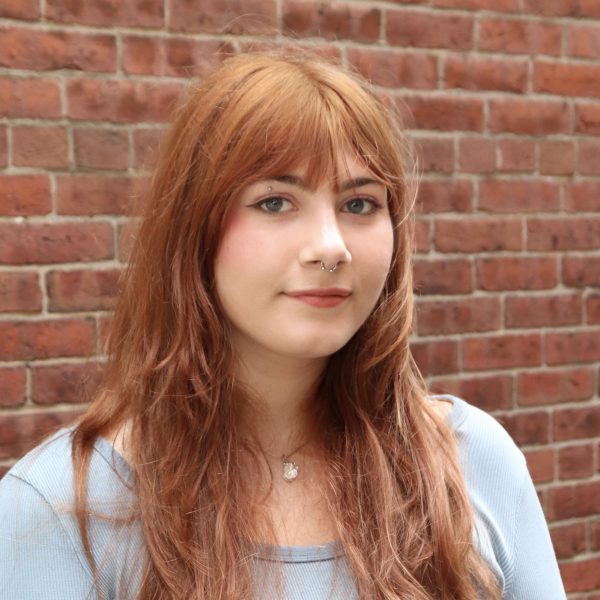Sept. 30 marked the end of Suffolk’s Veterans Upward Bound program, a pre-college program intended to assist veterans as they pursue higher education. It was one of three TRIO programs offered by the university and the only one that got its funding cut by the Department of Education.
“Losing VUB as a resource, something that was a permanent staple in the school, is going to be a detriment to the community itself,” said Andrew Sheehan, a junior international relations major who served in the Marines for nine years.
Originally conceived in 1972 for soldiers returning home from the Vietnam War, VUB is “designed to motivate and assist veterans in the development of academic and other requisite skills necessary for acceptance and success in a program of postsecondary education,” according to the Department of Education.
The program connects veterans with local support services to further ease their transition. It has been the only federally funded pre-college program specifically for veterans in Massachusetts since 2017 and at Suffolk since 2008. Statistics from the official Veterans Upward Bound website said that across 65 national projects, the program serves 8,500 veterans each year with 86% being first generation college students.
“The cancellation of the Veterans Upward Bound TRIO program marks a significant loss for Massachusetts and its veteran community,” said Lisa Rivera, the director of first-generation student initiatives at Suffolk. “As the state’s only pre-college program for veterans, it provided critical support for those transitioning from military to civilian life.”
Suffolk’s VUB program has been a staple for the veteran community on campus. Alina Dixon is senior interior design major at Suffolk and served in the Marine Corps for five years.
“It was my first point of contact regarding anything veteran related coming to Suffolk,” said Dixon.
During Trump’s second term, there have been trends of reallocating federal funds through the cancellation of various grants.
In recent weeks, the administration has specifically looked at the Department of Education with its “skinny budget” proposal, which described TRIO as a “relic of the past.” The proposal hinges on the basis that targeted support for low-income and other student groups historically barred from education is no longer necessary.
The Federal TRIO Programs consist of eight programs designed to help primarily students from low-income or first generation backgrounds and those with disabilities. It extends from middle school to higher education and has been around since 1964.
This isn’t the first time TRIO has faced threats to its existence. Repeated attempts to shut down the programs in 1995, 2005, 2006 and 2017 were successfully warded off.
A formal appeals process for grant recipients were created in 2008 — a feature that has now found its usefulness futile as spotty communication from the DOE has left many left in limbo, unsure if their funding will continue into the new fiscal year and causing strain on existing programs due to the uncertainty, according to EdWeek.
“The fact that VUB, a state sponsored service, was hosted here on campus was a huge factor to many veterans, myself included,” Sheehan said.
Dixon is the president of the Student Veteran Organization at Suffolk who has been extremely impacted by the cutting of this program as she has utilized its resources in a variety of ways during her time at the university.
She said that VUB was useful in “helping out with other VA programs like VR&E…and also dealing with Yellow Ribbon Programs and funding.”
Liam Boyle, a senior undergraduate law major at Suffolk, served seven years in the Coast Guard and is treasurer of SVO, offered another perspective.
“One of my biggest concerns with this program being cut is you have veterans who are coming back to school after 15 plus years and VUB provides them with the resources and tutoring and all that to be confident,” said Boyle. “A lot of things that deter veterans from coming back is the unpreparedness of reentering school.”
For Dixon, her experience with VUB was largely characterised by the help she received from Nicholas Charrette, the previous program director for Suffolk’s VUB program.
“He’d give me links for online tutoring sessions, trying to get me back into the flow of doing school,” said Dixon.
Beyond the advantages for veterans that the programs provided, VUB provided veteran students with a feeling of community on campus, Sheehan said.
For Sheehan, who is the vice president of SVO, VUB is more than just a benefit to going to Suffolk, it is the major reason he decided to come here.
“Without the support structure that Veterans Upper Bound provided, I probably wouldn’t have gotten out of the military or I would have tried to pursue [education] somewhere else,” said Sheehan.
Bryan Landgren, the program director for Suffolk’s McNair Scholars Program, expressed the importance of VUB.
“They literally help those who fought for our country go to college,” said Landgren.
With VUB being cut, it is unknown what the future is for veteran students at Suffolk.
Dixon described how, though Suffolk still offers benefits geared towards veterans, it would have been incredibly difficult to navigate these resources without the help she had from the VUB program.
“I definitely see a drop in veterans willing to come here,” said Dixon. “Though the program served pre-college veterans rather than Suffolk students, its closure is undoubtedly felt within our center and the university community at large,” Rivera said. “Veterans Upward Bound fostered a strong sense of community amongst its participants, some of whom completed the program to later attend Suffolk.”
With VUB being the only TRIO program at Suffolk that was cut, students believe that the wording of the program’s mission statement impacted this outcome.
“They talked about having almost like a social justice, equality, community type [program] and the current administration, I think, has a lot of those key words flagged,” said Dixon.
“No matter how we look at that, no matter how we look at like the state of our country, the state of what’s going on, all of that, no matter how we feel and no matter how we believe, coming after a program like Veterans Upward Bound because of the fact that they were trying to provide holistic approaches to the way that they supported their students, is disgusting, it’s just disgusting,” said Landgren.
The future of VUB is not set in stone. Leaders of SVO remain optimistic about being able to appeal the decision in the future. Through an appeal, student veterans have goals of writing letters to state representatives to ensure that elected officials are aware of the positive impacts of VUB.
“I think the biggest thing for us is just providing a visual to those state reps and things like that, being that voice that they hear at the lowest level,” said Boyle.
Even still, Sheehan said that there can not be an expectation that, even if the appeal is successful, the individuals who were vital to Suffolk’s VUB program may not be available to come back.
“If VUB ends up winning its appeal, that could be [in] a year or two from now, and the people that were previously in those jobs that were helping veterans come back into these different places, understanding their educational benefits, they may be gone,” Sheehan said.
Landgren said, “I’m very optimistic that with time, this program will come back and they’ll get the privilege of reinventing the program to best support the students in the way that they’ve always been able to support those students.”
Sheehan said that veterans at Suffolk are not completely without community at Suffolk after the loss of VUB.
“Having an SVO here on campus is going to fill that void, so to speak, when it comes to the camaraderie that is on campus,” said Sheehan.




